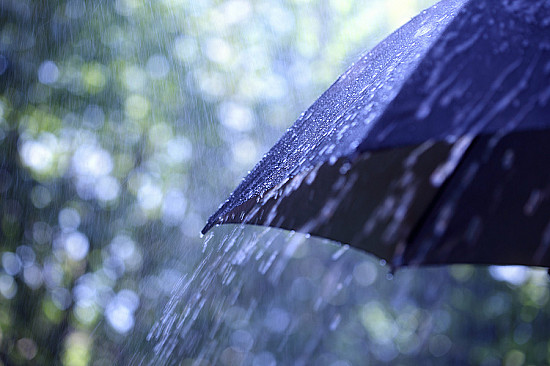New urine test may help some men with elevated PSA avoid biopsy
Dupuytren’s contracture of the hand
Why play? Early games build bonds and brain
Moving from couch to 5K
How — and why — to fit more fiber and fermented food into your meals
Tick season is expanding: Protect yourself against Lyme disease
What? Another medical form to fill out?
How do trees and green spaces enhance our health?
A muscle-building obsession in boys: What to know and do
Harvard Health Ad Watch: New drug, old song, clever tagline
Harvard Health Blog
Do you have an older relative or friend who says “There’s a storm coming” because his or her back is hurting more than usual? A team of Australian researchers has thing to say to that person: bunk.
Daniel Steffens, of the George Institute for Global Health at the University of Sydney, Australia, and his colleagues followed nearly 1,000 people who were seen for acute low back pain in several Sydney primary care clinics. To see if the pain was linked to weather, the investigators noted the weather conditions when the back pain started, as well one week and one month earlier.
And they found … nothing. No connection between back pain and temperature, rain, humidity, or air pressure. The results were published online in the journal Arthritis Care & Research.
“Our findings refute previously held beliefs that certain common weather conditions increase risk of lower back pain,” Steffens said in a news release from the journal.
Sudden onset of low back pain is extremely common. Most of us have at least one episode during our lifetime. Why does this happen? Some people blame changes in the weather, but the new Australian study doesn’t support that.
This isn’t the first word on the pain-weather connection. For example, back in 1995, Robert Newlin Jamison, PhD, professor of psychiatry and anesthesiology at Harvard Medical School, and his colleagues asked more than 500 people with chronic pain living in four different cities if weather affected their pain. Most said yes. The perceptions weren’t related to regional climate, but the researchers couldn’t rule out if changes in weather had an effect.
The Australian study isn’t likely to be the last word on the subject, either. If animals can sense earthquakes, then it may be possible for people with back pain, arthritis, or other types of pain to sense changes in the weather that the rest of us don’t notice. I’ll believe it when there’s some good proof.
Howard E. LeWine, MD, Chief Medical Editor, Harvard Health Publishing
As a service to our readers, Harvard Health Publishing provides access to our library of archived content. Please note the date of last review or update on all articles.
No content on this site, regardless of date, should ever be used as a substitute for direct medical advice from your doctor or other qualified clinician.
New urine test may help some men with elevated PSA avoid biopsy
Dupuytren’s contracture of the hand
Why play? Early games build bonds and brain
Moving from couch to 5K
How — and why — to fit more fiber and fermented food into your meals
Tick season is expanding: Protect yourself against Lyme disease
What? Another medical form to fill out?
How do trees and green spaces enhance our health?
A muscle-building obsession in boys: What to know and do
Harvard Health Ad Watch: New drug, old song, clever tagline
Pain
Pain
Pain
Get the latest in health news delivered to your inbox!
© 2024 Harvard Health Publishing® of The President and Fellows of Harvard College
Do not sell my personal information | Privacy Policy and Terms of Use
Thanks for visiting. Don’t miss your FREE gift.
The Best Diets for Cognitive Fitness, is yours absolutely FREE when you sign up to receive Health Alerts from Harvard Medical School
Sign up to get tips for living a healthy lifestyle, with ways to fight inflammation and improve cognitive health, plus the latest advances in preventative medicine, diet and exercise, pain relief, blood pressure and cholesterol management, and more.
Health Alerts from Harvard Medical School
Get helpful tips and guidance for everything from fighting inflammation to finding the best diets for weight loss…from exercises to build a stronger core to advice on treating cataracts. PLUS, the latest news on medical advances and breakthroughs from Harvard Medical School experts.
BONUS! Sign up now and
get a FREE copy of the
Best Diets for Cognitive Fitness
Stay on top of latest health news from Harvard Medical School.
Plus, get a FREE copy of the Best Diets for Cognitive Fitness.
